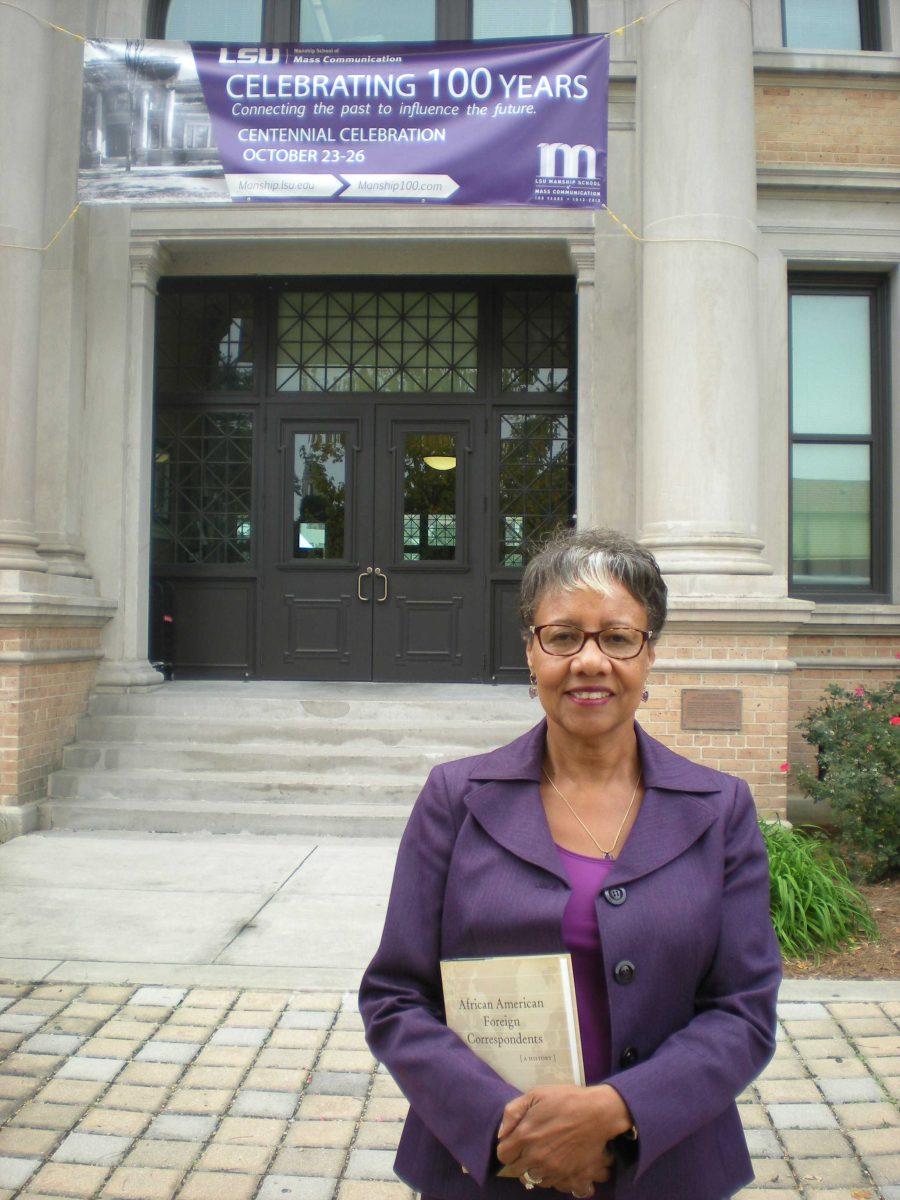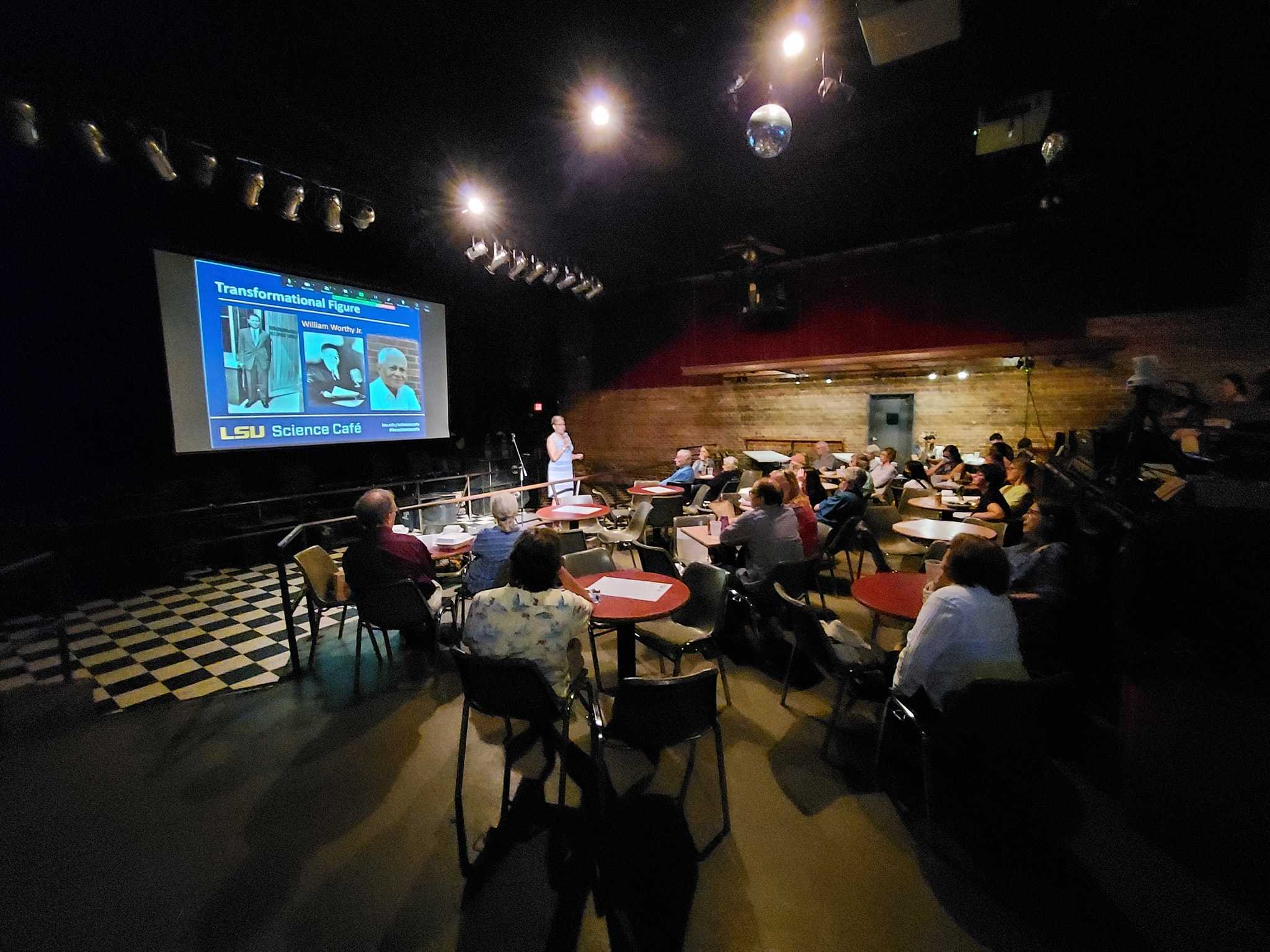Jinx Broussard, a mass communication professor, recently collaborated with LSU Science Cafe to host a seminar on racial equality in the journalism world. The event offered a new perspective on the subject and revealed that there’s always something new to learn about Black history.
Broussard took the stage at the Revelry Tuesday to narrate the lives of American’s first Black journalists and the beginning of Freedom’s Journal: a media outlet founded by newly freed slaves, who desired a way to connect Black people with the press and offer them a real, unbiased voice.
All of this work was integral for correcting misrepresentations of the Black community and creating a standard of inclusivity in the modern journalism world. Black journalists specifically mentioned in the seminar include Ida B. Wells, Mary Church Terrell, Robert Vann and William Worthy Jr.
While the current media environment still has progress to make regarding relations with the Black community, it’s comforting to know that we’ve long had sources curated by us and for us. Perhaps CNN and Fox News could take some notes.
Broussard’s interpretations of their stories took us through the last 150 years and Black journalists’ involvement during historic events such as the World Wars, the liberation of Africa and the formation of a post-integration media world.
During the wars, they advocated for Black troops and created a more vivid picture of their experiences. When landmark decisions offered Black people more autonomy, they were around and ready to report.
And their work didn’t just cover the sociopolitical climate. Wherever they traveled, they wrote about the land, people and culture, aiming to provide readers with engaging content that they could learn something from.
The impact of their efforts is visible today, as many Black LSU students now call the Manship School home and have the opportunity to leave their own mark on the media world.
Broussard concluded the seminar by sharing early Black journalists’ ultimate mission.
“They wanted to change the perception,” she stated. “They wanted that conversation for democracy to take place.”
I found attending such an event as a Black student to be enlightening, as so much of our history is tucked away in library shelves and the minds of scholars such as Dr. Broussard. Being a member of the Reveille staff and offered a platform to share my own ideas and perspectives, it almost feels as if this is what the journalists showcased would’ve wanted.
Conversations such as these are integral, especially in a time during which many marginalized people are fighting to be heard and seen. If we can trace back, we can utilize the wisdom and stories of those before us to continue fighting proactively for needed change.
My biggest takeaway from this seminar is that activism presents itself in many different ways. If you’re passionate about a cause, put your all into it and find a medium to share your efforts with others. Dr. Broussard has shown us that what you care about matters, and if you’re willing to look, you can find audiences that are willing to listen.
‘They wanted to change the perception’: Manship professor discusses Black journalists, from the civil war to now
July 28, 2022







